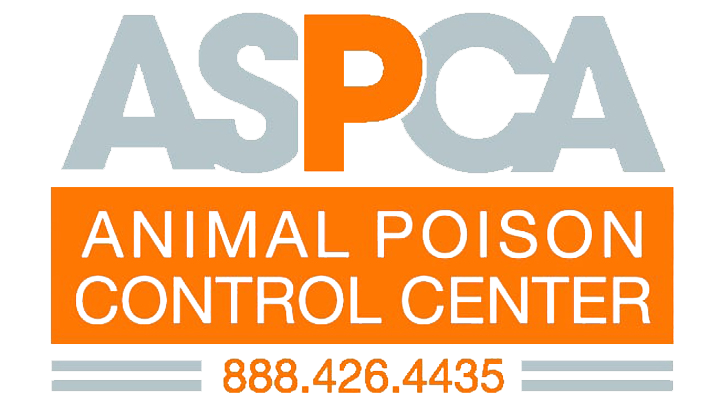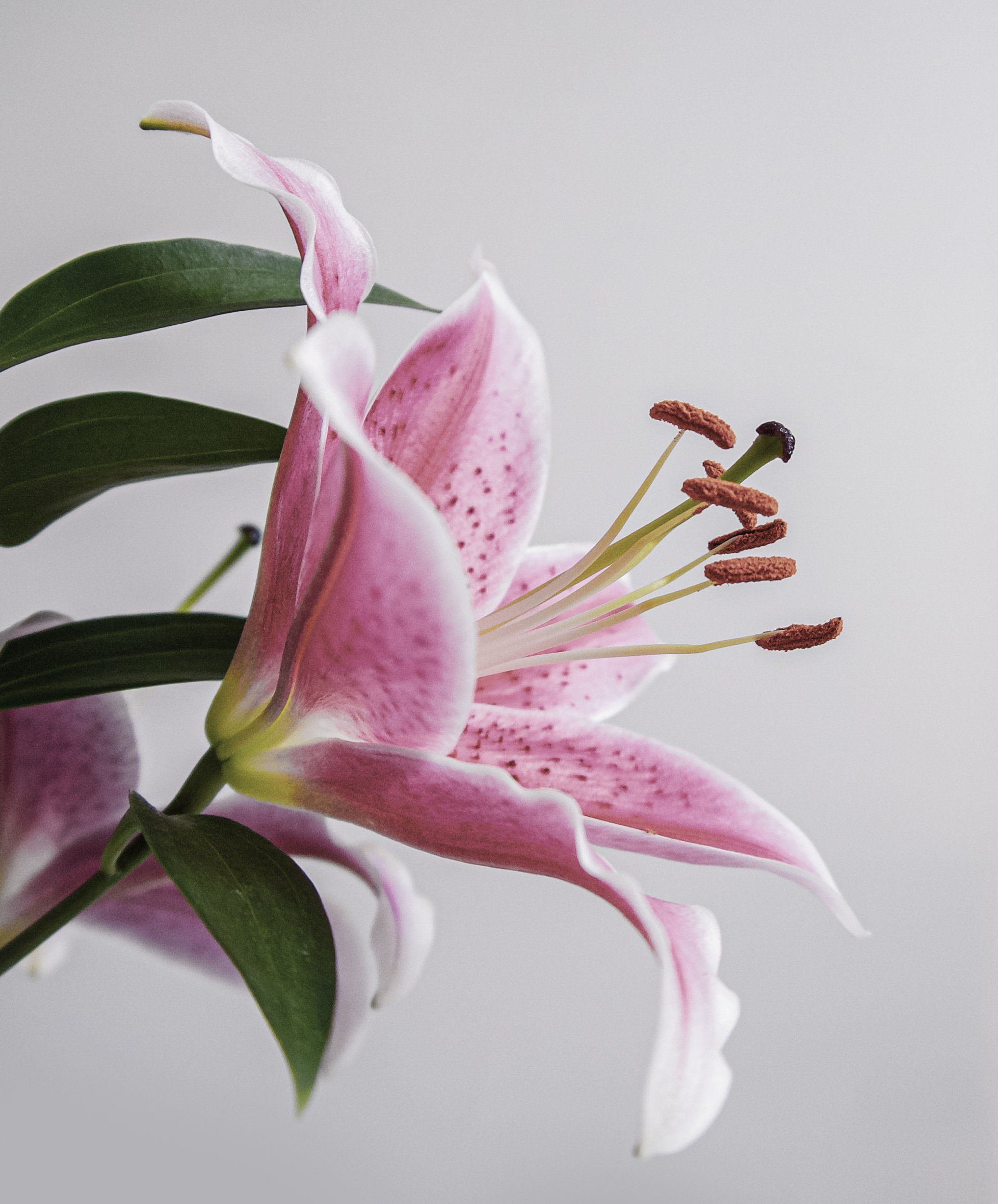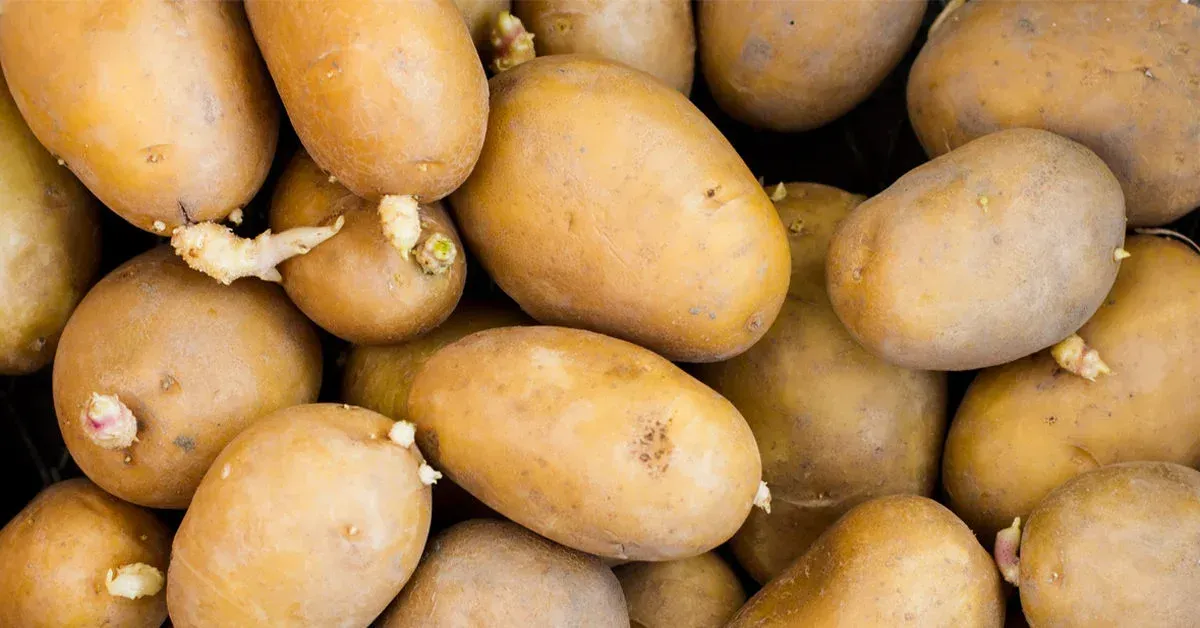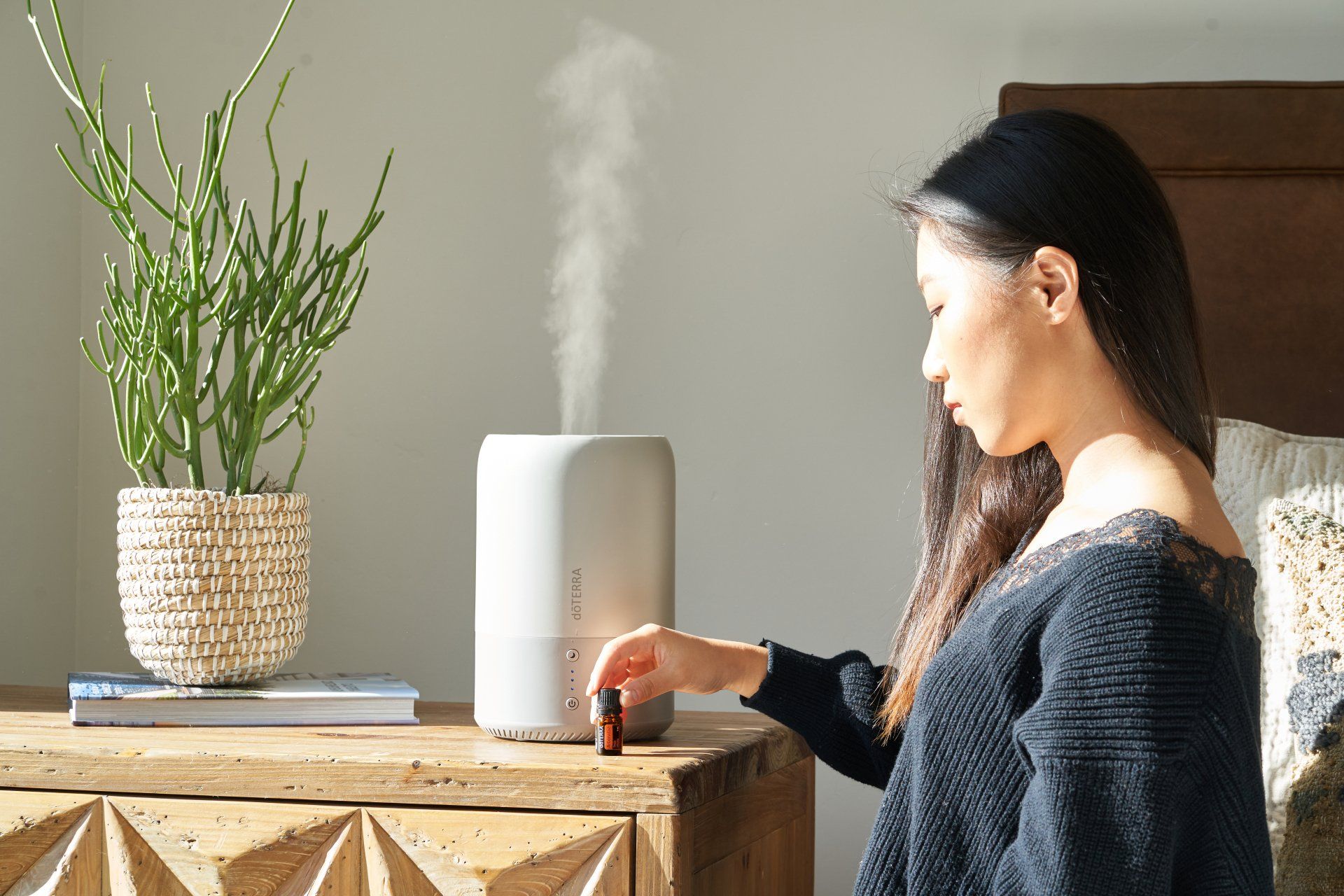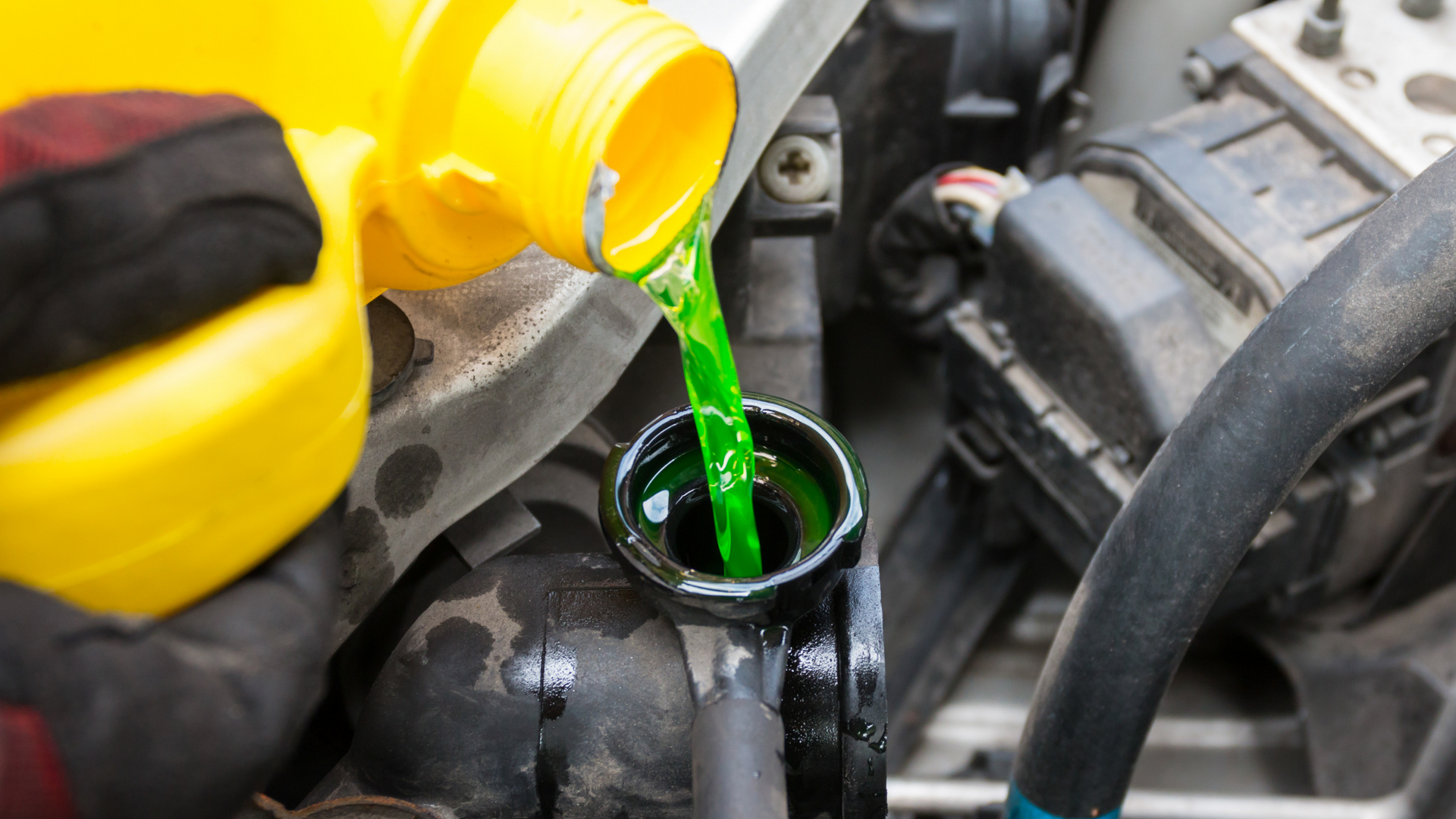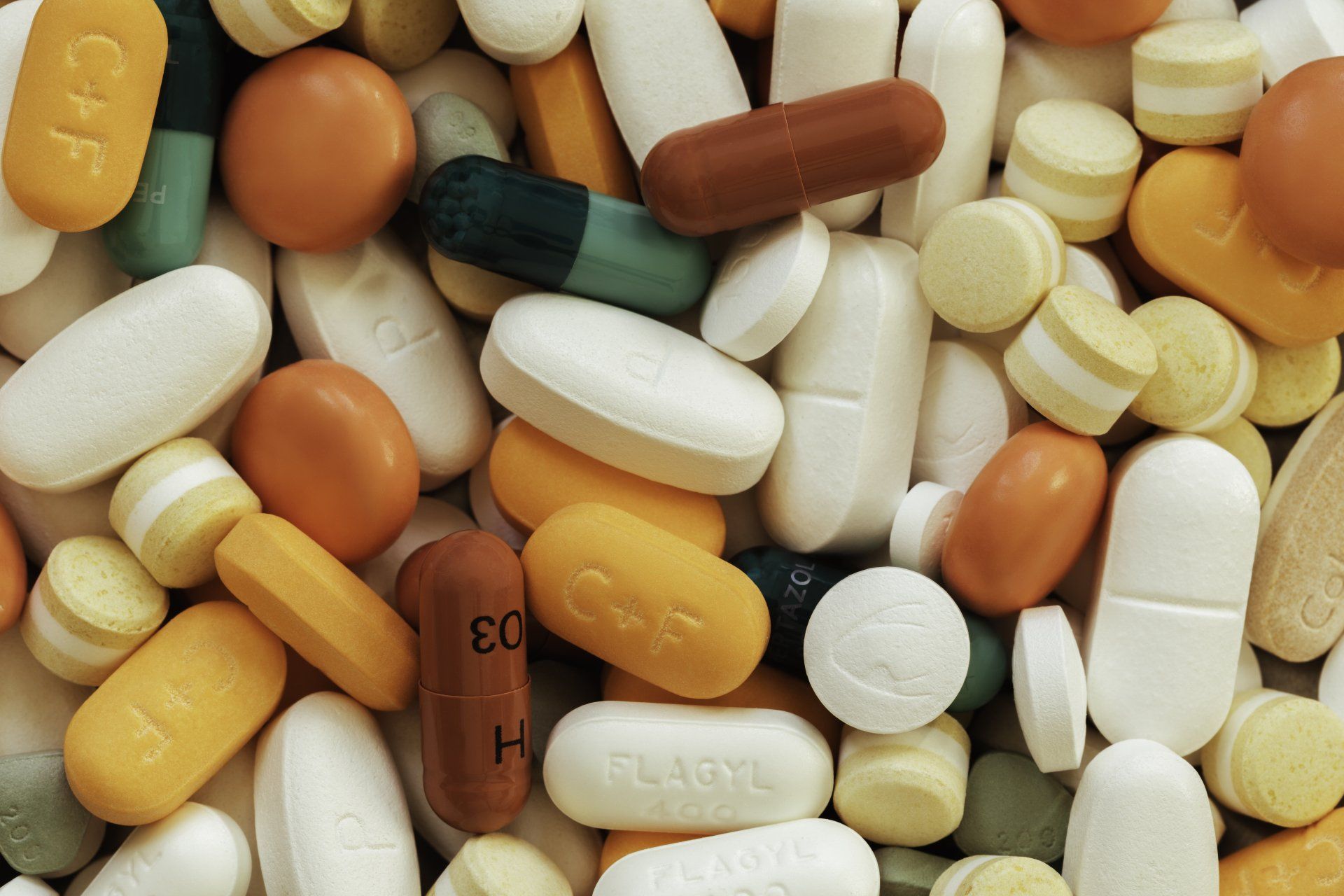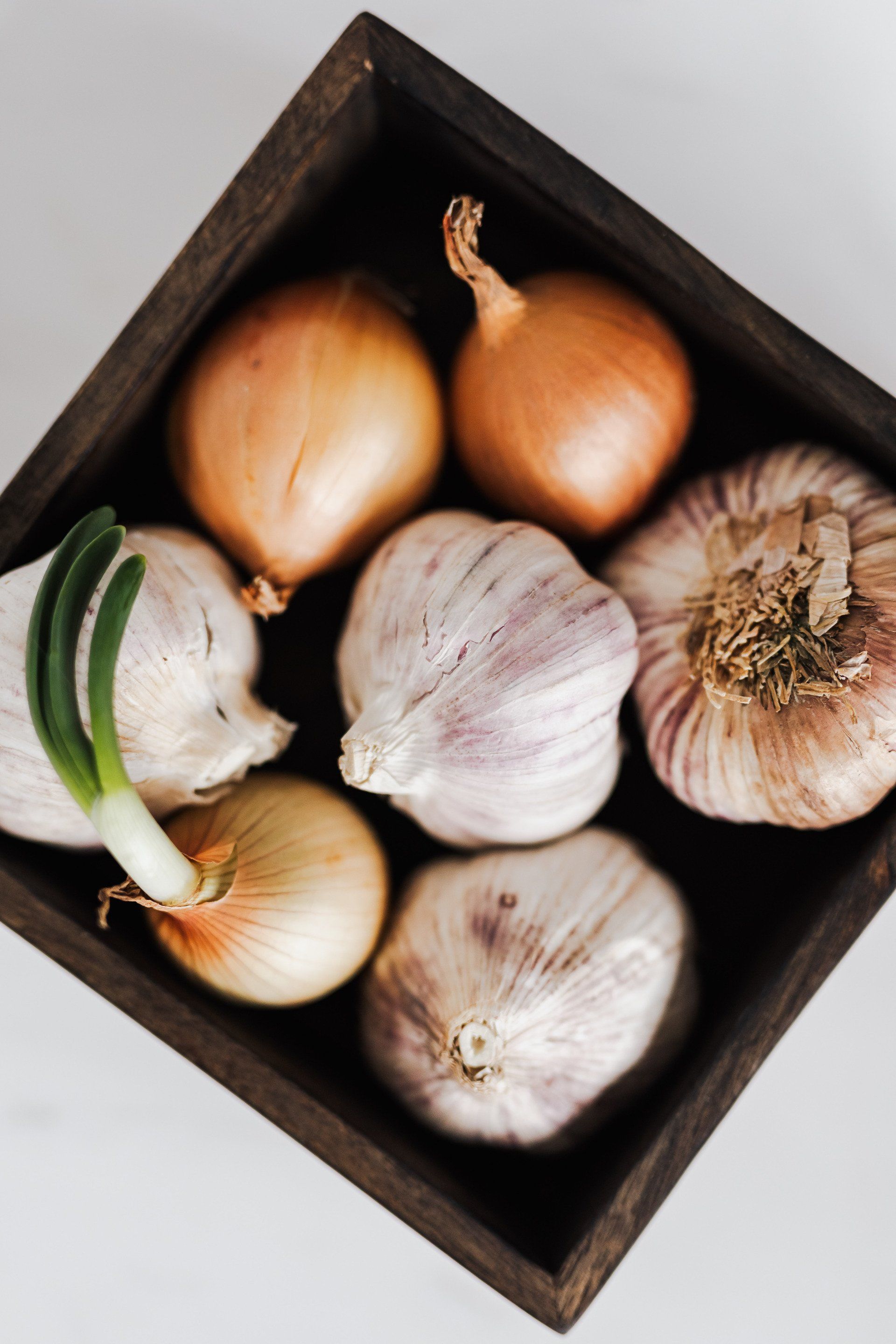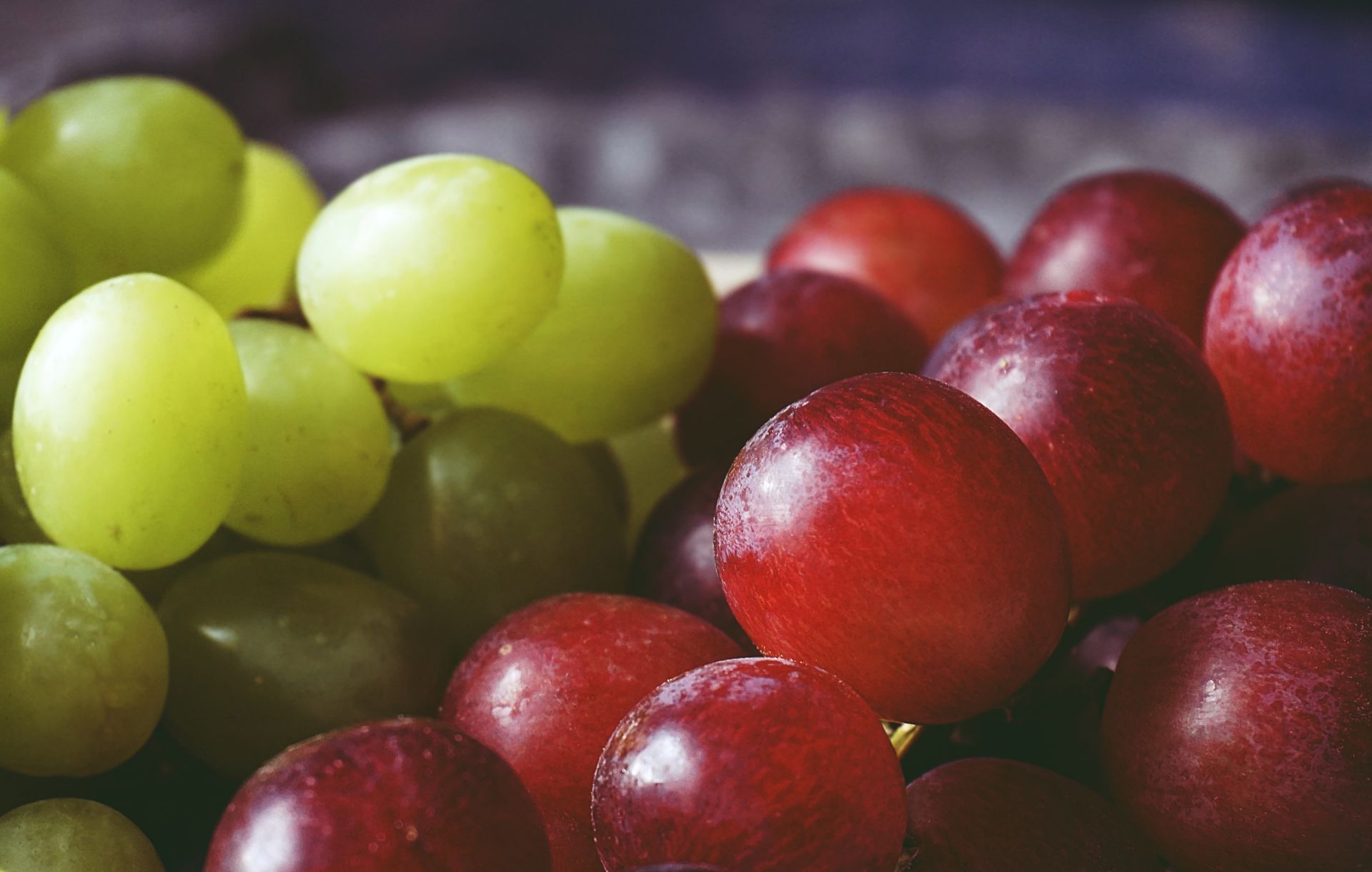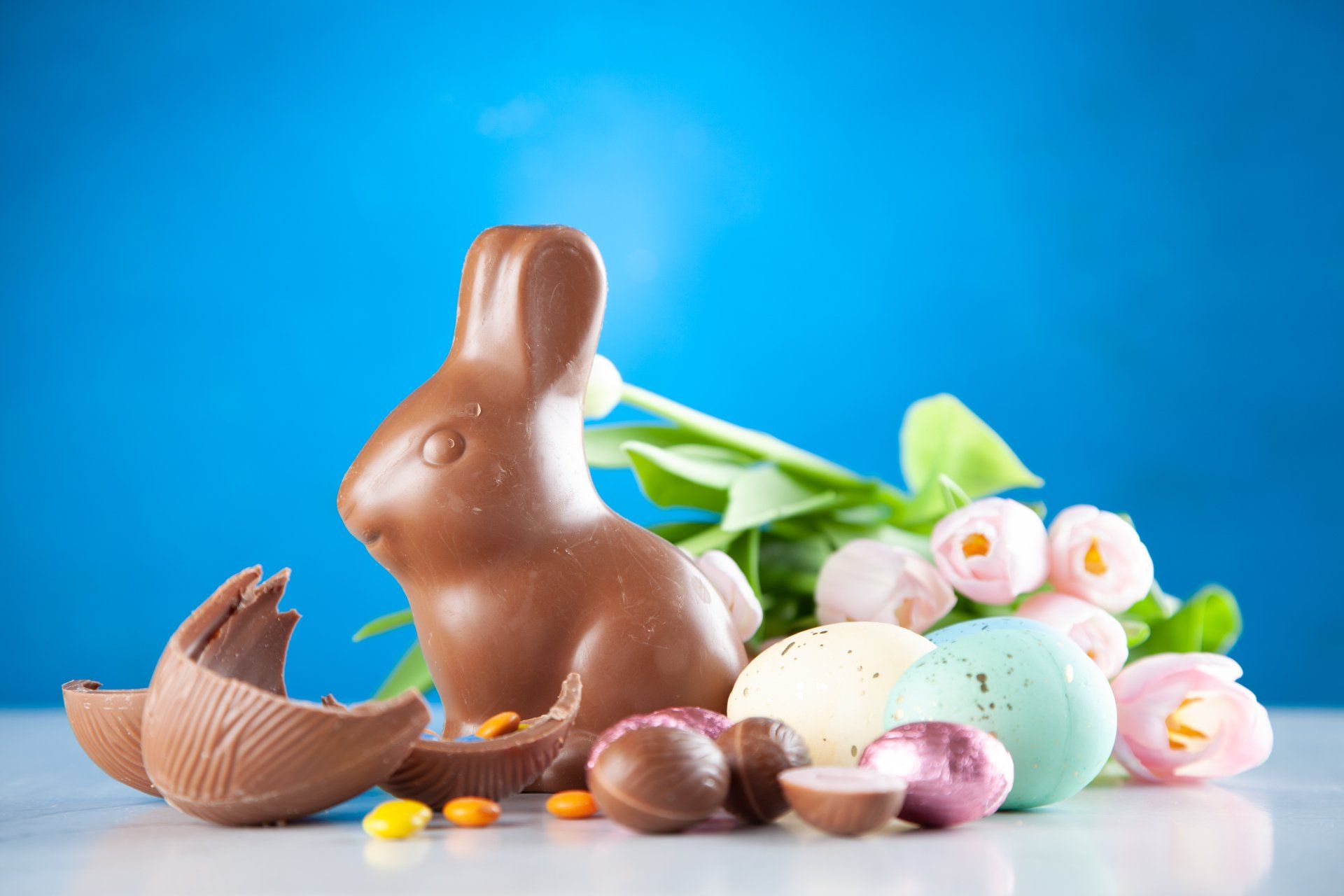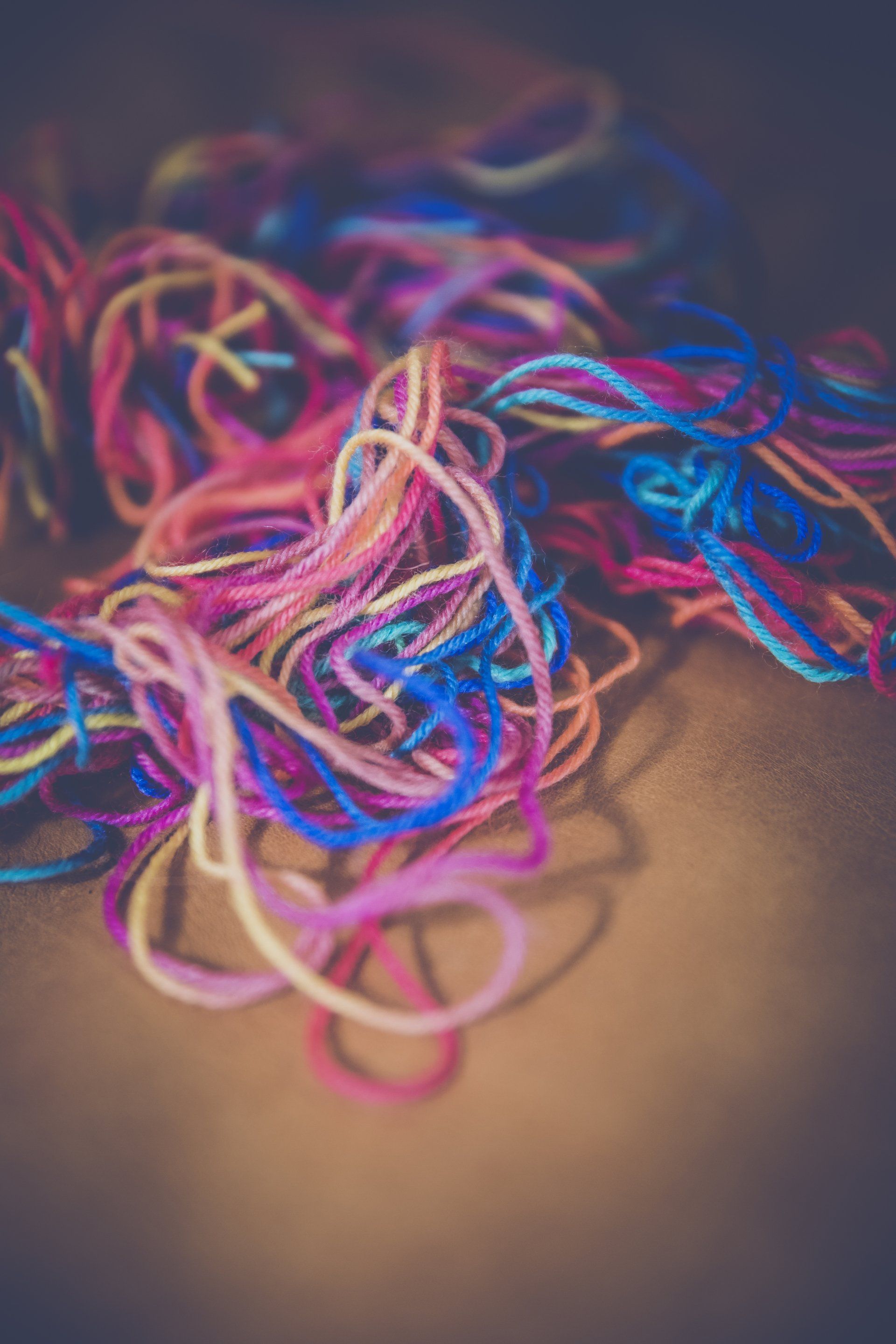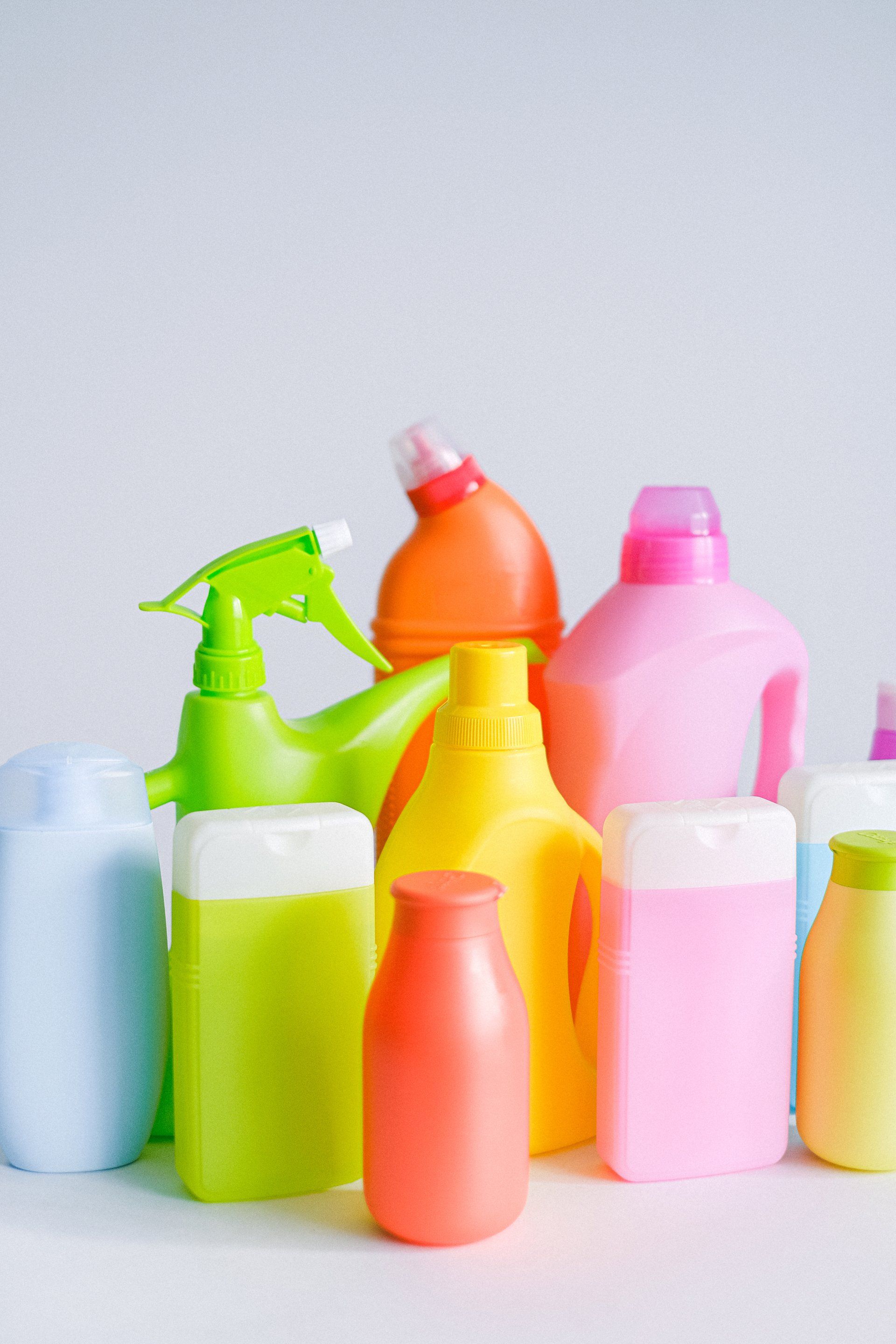Household Hazards
Many common household items can cause major problems for our feline family members. Make sure to keep these materials out of kitty's reach, or out of the home entirely! If you need help with a pet who may have gotten into something they shouldn't, please call us or the ASPCA Animal Poison Control Center.
In no particular order, here is our top 10 list of items harmful or toxic to cats.
Toxic Plants
Many plants are toxic to cats. If your cat is prone to nibbling on plants, we recommend checking the ASPCA Animal Poison website to make sure you choose plants and flowers that won't end in a trip to the emergency hospital.
Sprouted Potatoes
Potatoes contain solanine, which is concentrated in sprouts and green parts of the potato. Consuming these can cause symptoms such as vomiting, diarrhea, abdominal pain, lethargy, and in severe cases, tremors, seizures, and death.
Essential Oils
Essential oils can cause problems for pets if the oils get on their fur or if the diffused oils are inhaled by the pet. Some oils are more dangerous than others. Please don't use your diffuser when your pet is in the same room.
Pennies
Pennies made before 1982 were made primarily with copper and are not toxic. Pennies made after 1982 are made with Zinc and only a coating of copper. Zinc is highly toxic to cats and dogs.
Antifreeze
Ethylene Glycol is extremely toxic - consuming only one eighth of a teaspoon per pound of body weight of undiluted antifreeze can be fatal. Don't take a "wait and see" kind of approach if you think your cat may have ingested antifreeze; this is an emergency situation.
OTC Human Meds
Considering how difficult it can be to give cats oral meds, it is surprising that some cats will voluntarily consume some medications. Many human drugs can cause severe reactions and even death, if ingested by your cat. Ibuprofen, Tylenol, Naproxen, Aspirin, Pepto Bismol, Amphetamines (Adderall, Ritalin, etc.) and many antidepressants (especially Effexor) are some of the common medications that cause major problems for cats.
Onions, Garlic, Shallots
Onions, garlic, shallots, and chives all belong to the allium family of vegetables. They contain compounds called disulfides and thiosulphates, which can cause the red blood cells circulating through a cat’s body to become very fragile and burst. Therefore, ingesting garlic may result in the destruction of a cat’s red blood cells, a deadly condition known as hemolytic anemia.
Grapes & Raisins
Cats shouldn't be fed grapes or raisins as they can lead to kidney disease and organ failure. Citrus fruits (such as oranges, grapefruits, lemons and limes) are also mildly toxic for cats and can cause a stomach upset.
Chocolate
Just like dogs, cats should be kept away from chocolate. Chocolate contains Theobromine may cause hyperactivity or agitation, an increase in heart rate, muscle tremors, and seizures.
String, Hair Ties, Ribbon
These items are nearly irresistible to cats, but can cause blockages and intestinal damage if they are ingested. Keep string (including dental floss, sewing thread, hair ties, tinsel, ribbon, etc.) away from cats. If your cat has eaten an item like this and you see the item on its way out, don't pull! It could be wrapped around kitty's insides, so pulling on the item can cause more damage.
Household Cleaners
A cat's natural curiosity can make them walk across a freshly mopped floor to see what's up. If they then clean their paws, they consume some of the cleaner you used on the floor. Even if they don't lick it off of their paws, the contact on their paws can do damage. Your best bet to avoid any trouble is to make sure you keep your cat out of the area until your surface is dry and/or rinsed well.

